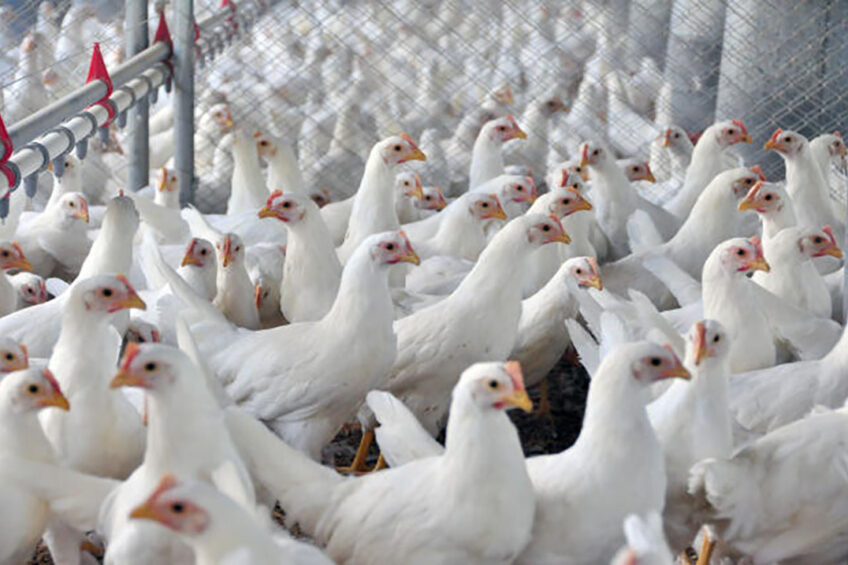Brazilian chicken exports reach record in the 1st quarter

Brazilian chicken exports increased 10.2% during the first quarter of 2022 compared to the same period in 2021 – a new record.
The reason for this is the numerous outbreaks of avian influenza in Europe and the US (Brazil has not registered any outbreaks of avian influenza in the country), in addition to increased production costs worldwide and fewer competitors due to the war between Russia and Ukraine.
Brazil exported 1,142 million tonnes between January and March this year against 1,036 million tonnes in the first quarter in 2021 and billed US$2.051 billion versus US$1.559 billion which is a 31.5% increase.
Considering only March, shipments totalled 418,800 tonnes, according to the Brazilian Association of Animal Protein (ABPA). The number is 5.7% higher than third month last year (396,000 tonnes).
March export revenue reached US$771,1 million, which is 27.8% higher than the same period last year, with US$603.6 million.
Reinforcing its international presence
“The Brazilian sector is reinforcing its international presence this year, given the favourable scenario for imports in the global market, which is suffering the effects of the various outbreaks of avian influenza among large producers and exporters,” says the president of ABPA, Ricardo Santin.
Santin argues that Brazil never having registered the disease has become a competitive advantage.
Amongst destinations, China returned to the top with imports of 60,300 tonnes in March, a volume 8.4% higher than that recorded in the third month of 2021 (55,600 tonnes).
Japan, the 2nd, imported 39,100 tonnes (+10.6%); the United Arab Emirates bought 36,100 tonnes (+59.6%), South Africa 33,300 tonnes (+11.3%) and Mexico jumped to a new level at 29,200 tonnes (+301.9%).
“With the conflict in Eastern Europe, international supply is scarce and Brazil is reinforcing itself as a safe and stable supplier for more than 140 countries. Almost every main client registered a significant importation increase, with China being the main highlight,” analyses the director of markets at ABPA, Luis Rua.












